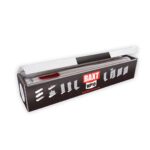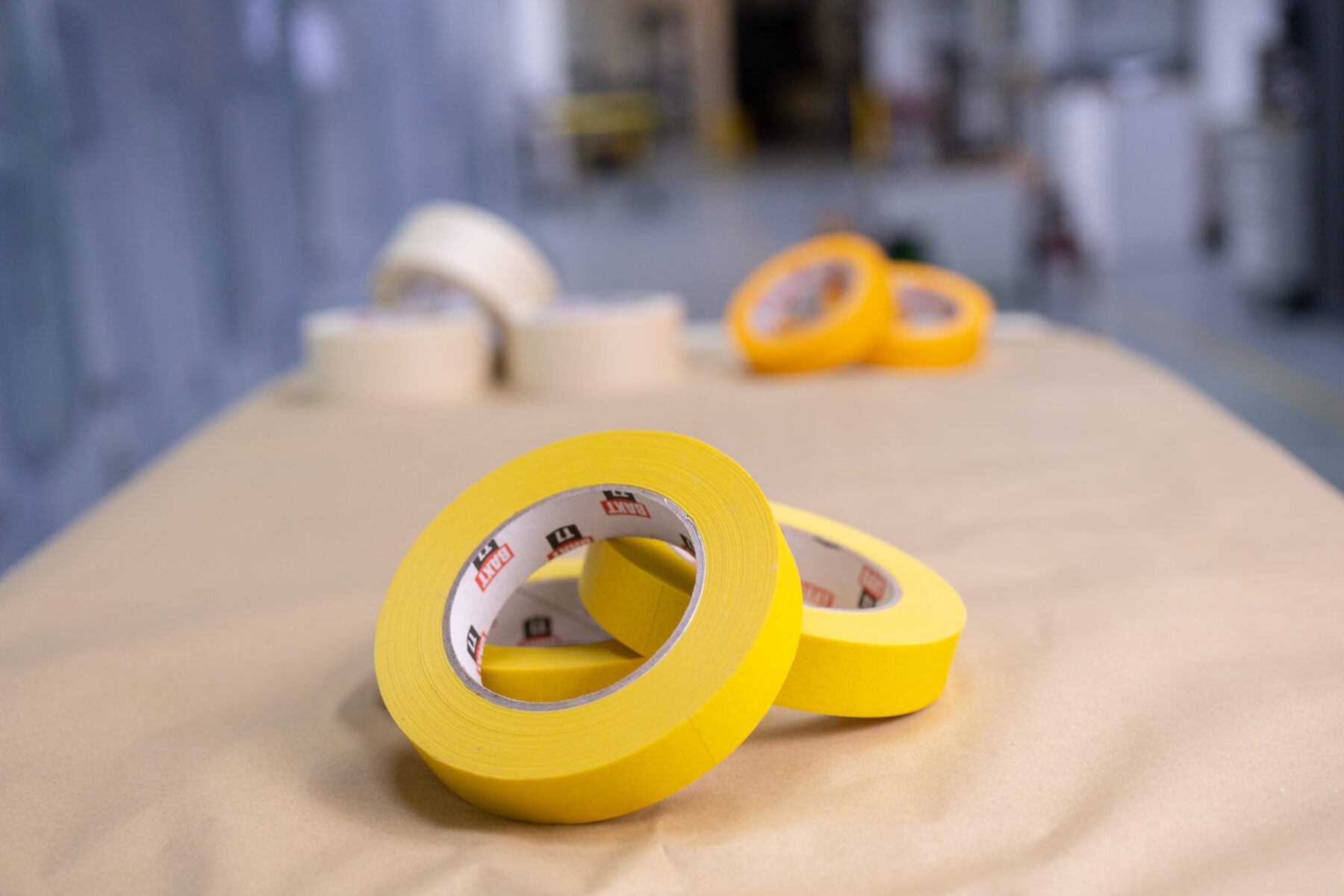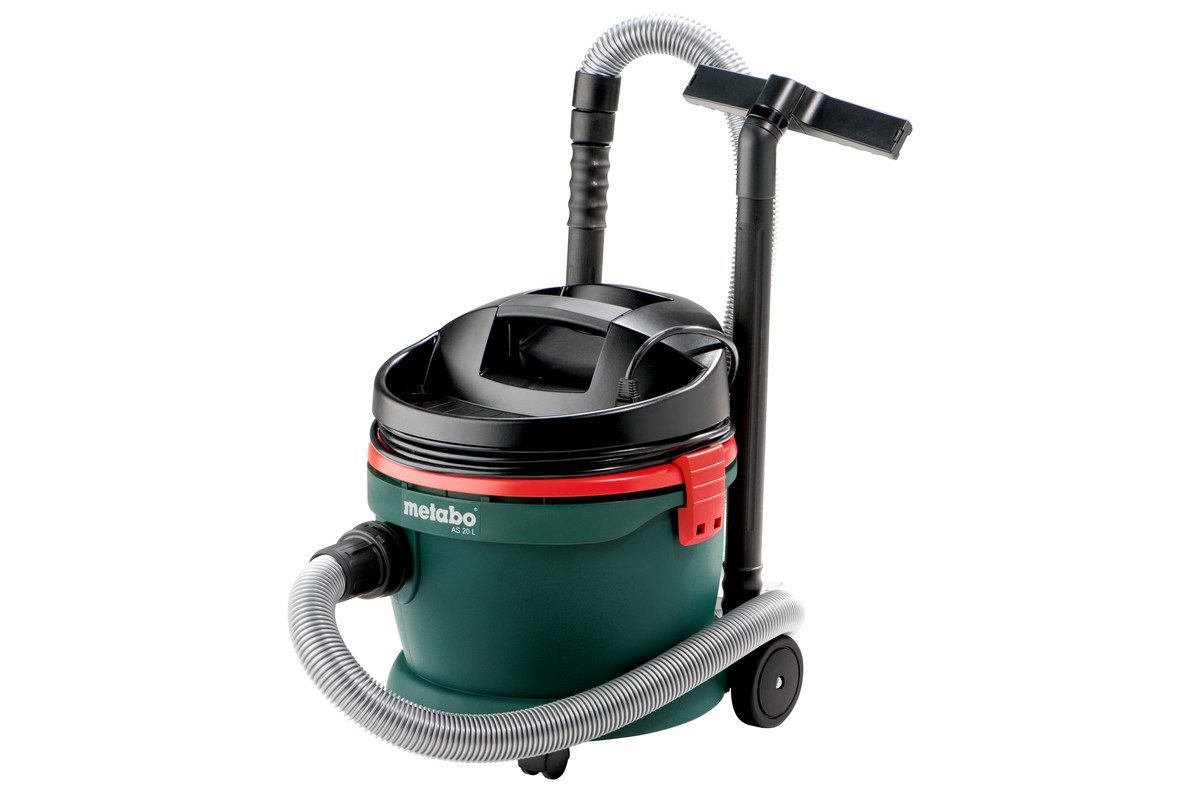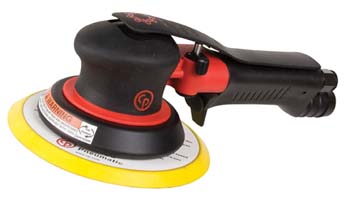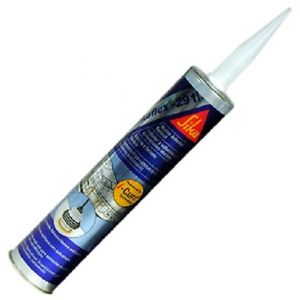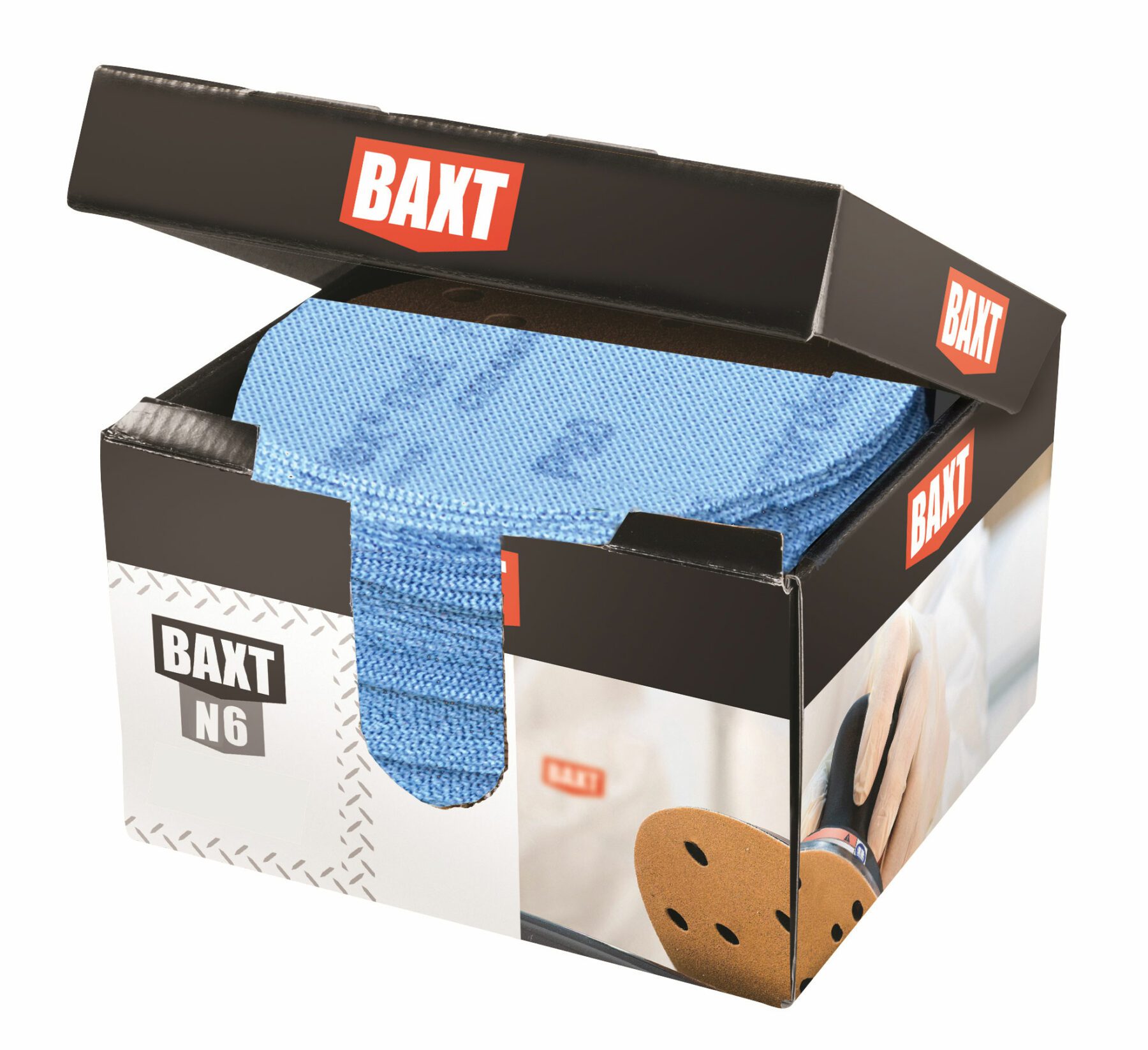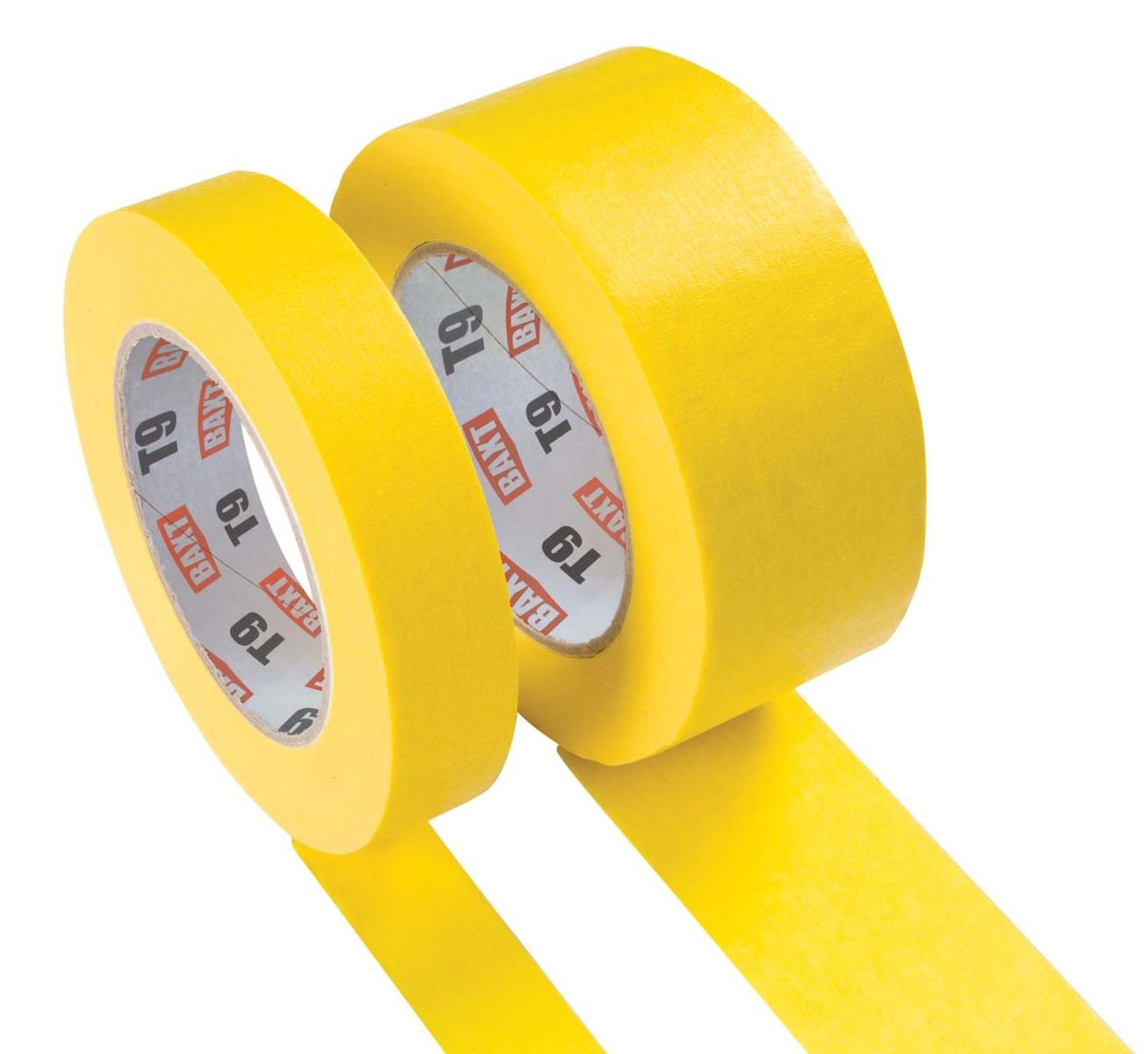Which Disposable Gloves Should I Use?
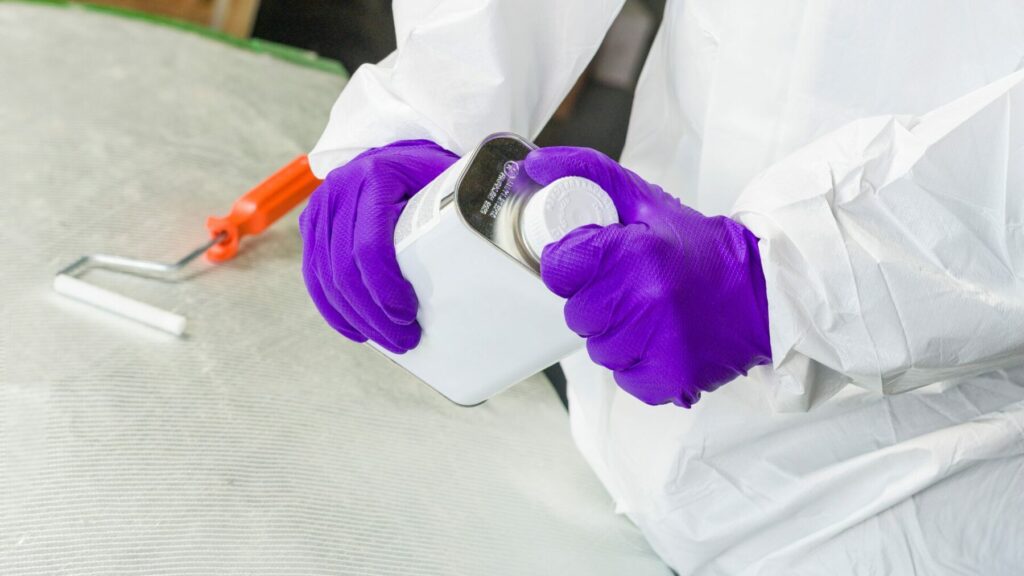
When deciding what disposable gloves to choose for your operators, there are a myriad of options available, and there’s often no single best solution. There are also a huge range of products to choose from.
To narrow your choice down, there are a few key factors to consider:
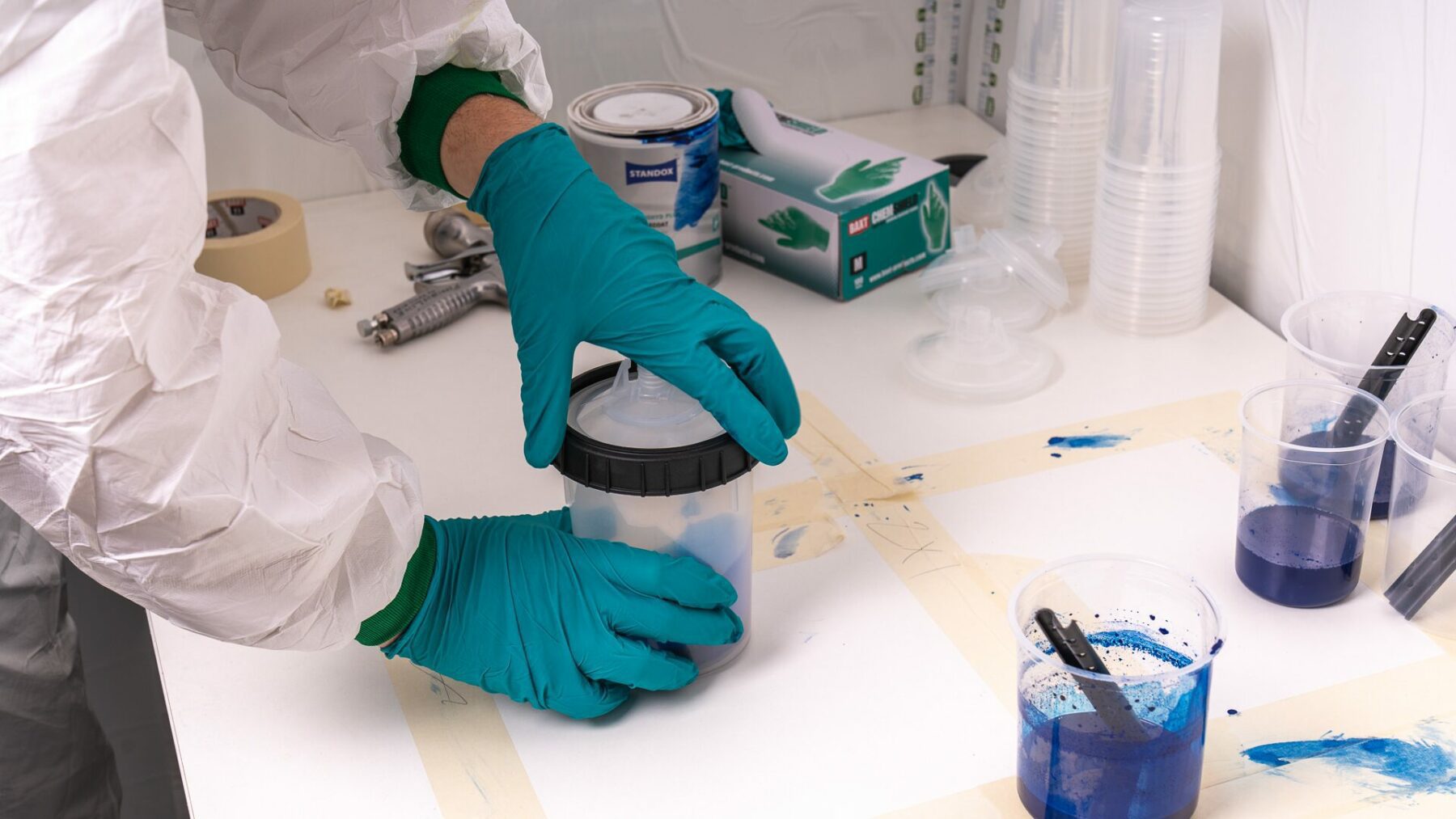
Nitrile Disposable Gloves
Nitrile disposable gloves are generally the more popular option as they’re made from a synthetic rubber that contains no latex proteins. This means they’re hypoallergenic – a safer option for those who suffer from a latex allergy.
They are generally more resistant to oils, solvents, and chemicals than latex gloves, which means they’re a great choice in the paintshop where they’re less likely to denature from exposure to solvents.
Nitrile gloves are also generally more puncture resistant, making them a good choice for use in the composites industry where they’re more likely to get damaged this way.
The one downside to nitrile gloves is that they’re not quite as dextrous as latex gloves, although this has improved significantly over the last few years.

Best all-round Nitrile Disposable Gloves
For the very best nitrile glove which offers excellent chemical resistance, strong puncture resistance as well as a textured finish for ultimate grip, the BAXT CARBONgrip glove is the industry-leader. With extra-long cuffs as well, these protect your operators’ wrists as well for the ultimate protection.
These are the perfect glove for longer shifts or where an operator is required to wear PPE for long periods of time and needs long-lasting protection without needing to change gloves.
Good for Chemical Resistance
If chemical or solvent resistance is the main consideration, then the BAXT CHEMshield is a great choice. With a thicker than standard construction and a roughened palm, these gloves offer excellent grip and long-lasting protection.
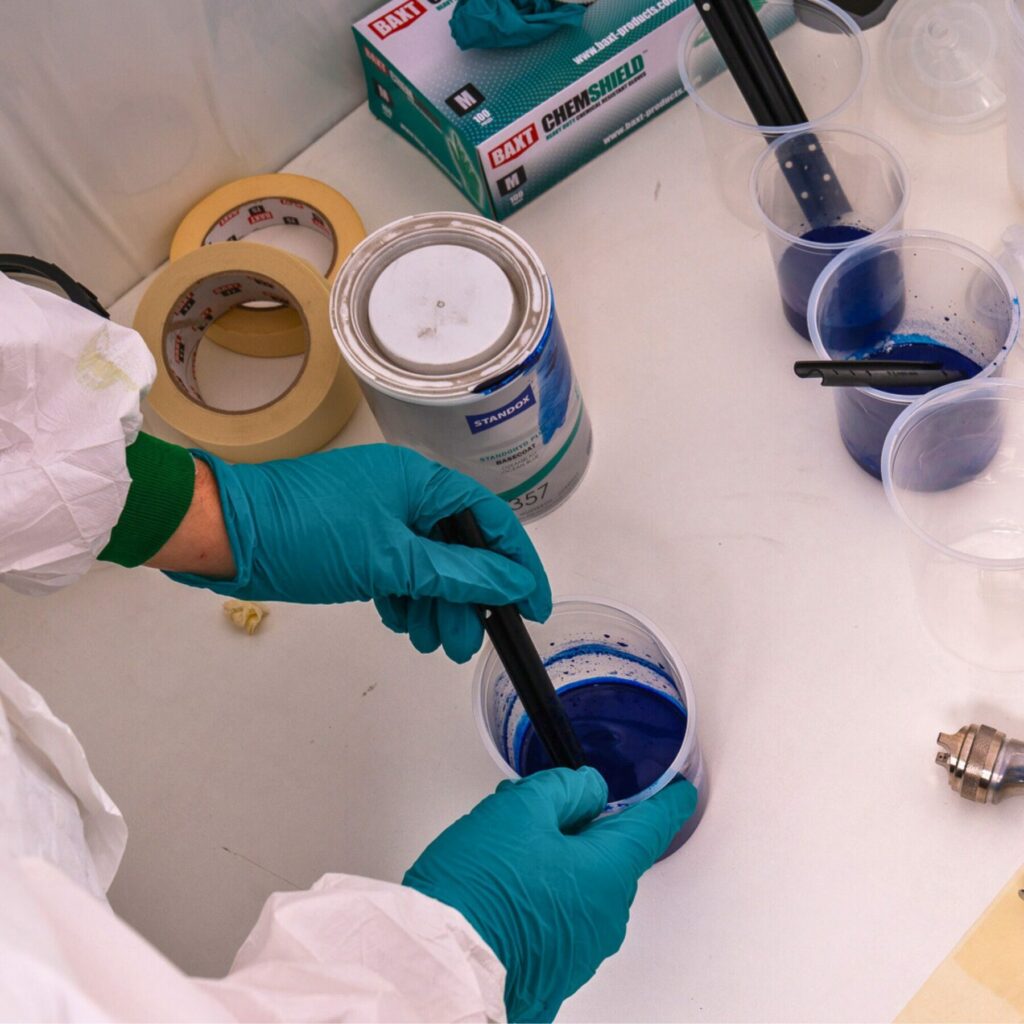

A Cost-Effective Option
If your operators are going to be changing gloves frequently and budget is a key consideration, the BAXT DEEPblack gloves are the gloves to choose. With excellent chemical and solvent resistance and a roughened palm, these gloves offer the ultimate protection at an affordable price point.

Latex Disposable Gloves
Latex gloves used to be the most common option available, but popularity has waned in the last few years due people with latex allergies.
However, they are still an excellent choice for more manual jobs due to their superior flexibility, comfort, and tactile sensitivity. They offer less chemical resistance than nitrile gloves.
Another key reason to use Latex gloves is because they’re made from natural latex rubber from the sap of rubber trees, which makes them biodegradable. They take around 5 years to degrade, although this can be significantly longer in landfill which doesn’t have optimal conditions for degrading and can take several decades in this instance.
Either way though, they’ll naturally degrade a lot faster than nitrile which can take centuries.
They are generally more resistant to oils, solvents, and chemicals than latex gloves, which means they’re a great choice in the paintshop where they’re less likely to denature from exposure to solvents.
Nitrile gloves are also generally more puncture resistant, making them a good choice for use in the composites industry where they’re more likely to get damaged this way. The one downside to nitrile gloves is that they’re not quite as dextrous as latex gloves, although this has improved significantly over the last few years.
Powdered vs Powder-Free Latex Gloves
Powdered gloves have a light coating of cornstarch on the inside, which make them easier to put on and remove, particularly if the operator has very sweaty hands. This is a key consideration for fast-paced jobs where frequent glove changes are necessary. The cornstarch also absorbs sweat making them more comfortable to wear.
There are situations where powdered gloves are not a good choice, and this includes situations where the powder can leave a residue on the work surface. The powder can also form a wet residue on your hands if you sweat profusely, which some users find unpleasant and needs washing off after removing the gloves.

Vinyl Disposable Gloves
Vinyl disposable gloves are generally extremely cost-effective and are good for low-risk tasks that require frequent changes but are not recommended for high-risk environments.
The takeaway: which disposable gloves should I use?
Nitrile Disposable Gloves: Best for protection and performance
When it comes to the ultimate protection and unrivalled quality, nitrile gloves are hard to beat. Choose these for jobs that require high levels of chemical or solvent protection, as well as superior grip and long-lasting quality.
Latex Disposable Gloves: Best for the environment and dexterity
If environmental consideration is a high priority, then latex gloves are your best option. Bear in mind though, that biodegrading times are dependant on the method of disposal.
Latex gloves are also the most comfortable and dextrous gloves but consider whether any of your workforce suffer from a latex allergy.
Vinyl Disposable Gloves: Best for budget
When budget is they key consideration and your operators aren’t handing strong chemicals or solvents, these are a good, cost-effective choice. They’re also good for short periods of use and frequent changes.


